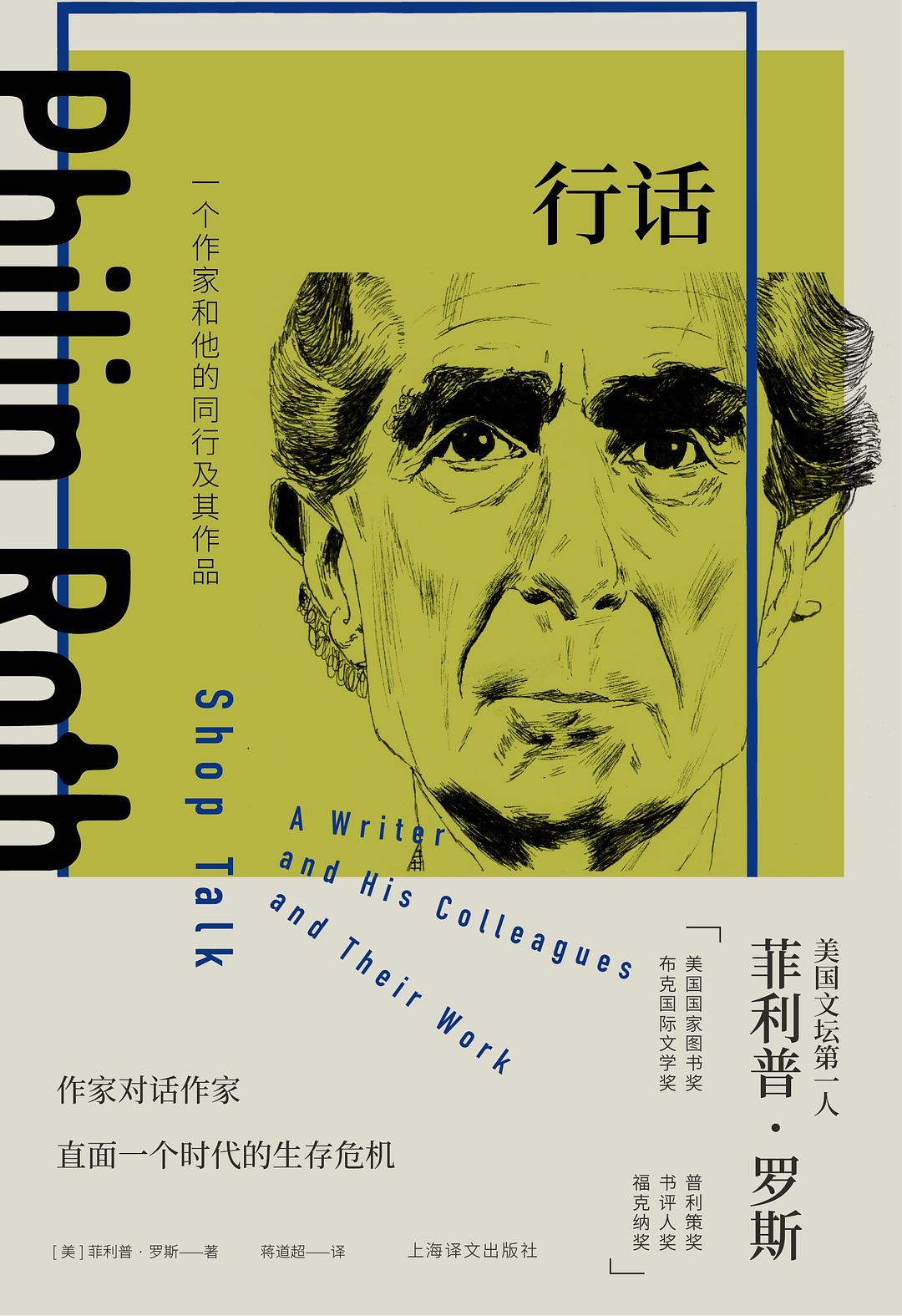jargon
jargon
A writer, his colleagues, and his works
Philip RothLow stock
Couldn't load pickup availability
About Book
About Book
The Shop Talk: A Writer and His Colleagues and Their Work
Douban
NeoDB
Interviews with Philip Roth, the Foremost Figure in American Literature, and His Colleagues
Writers talk to writers, facing the existential crisis of an era
-
"Jingang: A Writer, His Peers, and Their Work" is one of the two collections of criticism in the complete works of Philip Roth. The main part is interviews, and there are also several critical articles.
As a curious reader and discerning colleague, Philip Roth interviewed seven prominent Jewish writers from around the world—Primo Levi, Aharon Appelfeld, Ivan Klima, Isaac Bashevis Singer, Milan Kundera, and Edna O'Brien—asking them directly about their upbringings, creative motivations, and the broader contexts in which they lived. They discussed themselves and their peers, exploring their personal influences and literary ideals, and how, after experiencing Auschwitz, the Holocaust, the years of resistance, or exile, they came to terms with themselves, responded to the outside world, and pursued highly personal paths of artistic imagination.
The writers interviewed arguably lived through the most turbulent era in Europe in the 20th century. The places where they grew up or lived (Italy, Poland, Czechoslovakia, Israel, and others) were vibrant hubs of literature, politics, history, and diverse thought. Their works and interviews contain remarkably honest and insightful content. At a time when everyone prefers to judge rather than understand, to answer rather than ask, literature has become a preserver of life and truth, answering our questions while also questioning everything.
The book also includes a letter exchange between Philip Roth and Mary McCarthy, in which Roth responds to Mary McCarthy's views on his work; two essays commemorating the late writer Malamud and Guston, the illustrator of "The Breast," and a review of Saul Bellow's work. Each piece is a professional writer's exchange of comments and a brilliant book review from a distinguished reader.
Philip Roth, a curious reader and dedicated writer, reviewed the works and literary perspectives of his peers in interviews and then questioned them. His assessments are precise and to the point, defining these writers to a certain extent, and are frequently cited by critics (seeing publications such as The New Yorker and The Paris Review). His questions always capture the writers' deepest concerns, and the interplay of questions and responses reveals the true power of serious literature. At a time when everyone prefers to judge rather than understand, to answer rather than question, literature may have become a preserver of life and truth, answering our questions while also questioning everything.
While all seven writers interviewed by Roth are Jewish, their backgrounds vary. Growing up in Italy, Poland, the Czech Republic, and elsewhere, they experienced the turmoil of 20th-century Europe and forged their own paths to self-reconciliation and response to the outside world, as reflected in their works and conversations with Roth. These interviews can help readers transcend stereotypes about the writers and better understand their work and the times in which they lived.
For example, in the first interview, Primo Levi, a chemist and writer, was a survivor of Auschwitz and the author of novels such as "Diary of an Auschwitz Survivor" and "The Periodic Table." He possessed a coexistence of scientific accuracy and literary artistry. He viewed the inscription "Labor Creates Freedom" on the concentration camp gate as a horrific parody of work, a form of punishment leading to a painful death. His work at the chemical plant and his literary creation at his desk were intended to restore the humane meaning of work.
The third article features an interview with Czech writer Ivan Klima. Klima's conversation with Roth extends beyond his works, exploring underground publishing during the resistance era and the controversy surrounding Kundera among Czech writers. The subsequent interview with Kundera condenses the content of both conversations, discussing the writer's life and fiction.
Publication Date
Publication Date
Publisher
Publisher
Imprint
Imprint
Pages
Pages
ISBN
ISBN
share

